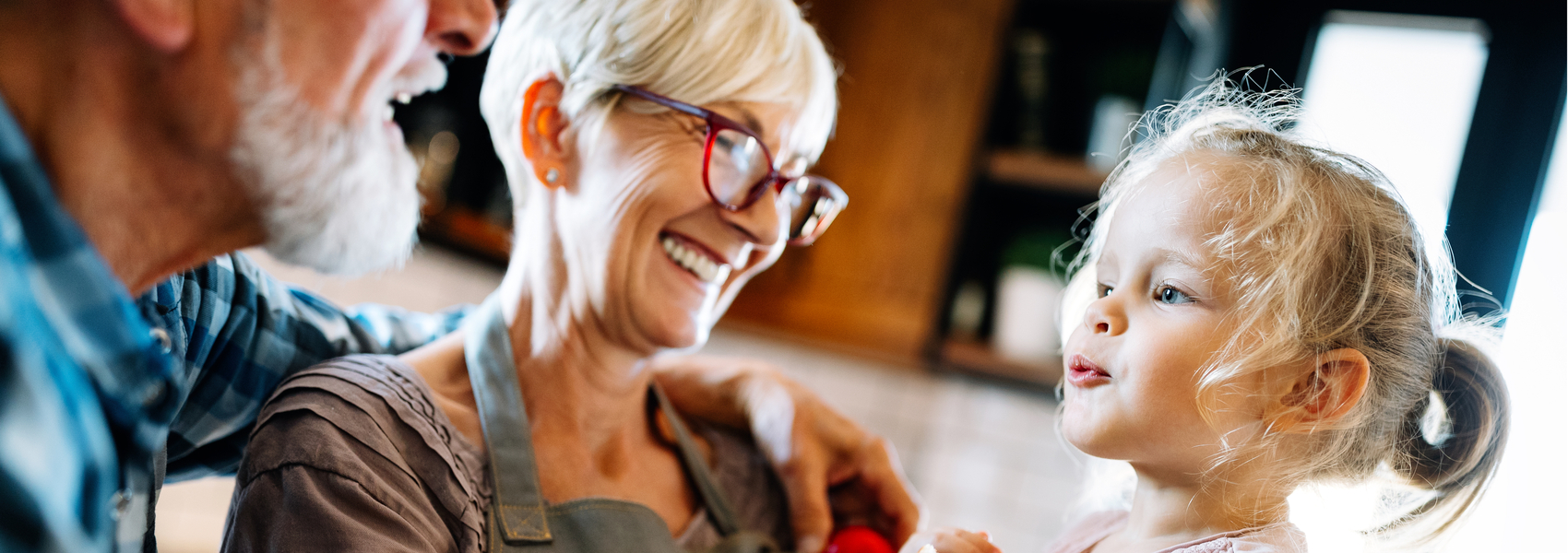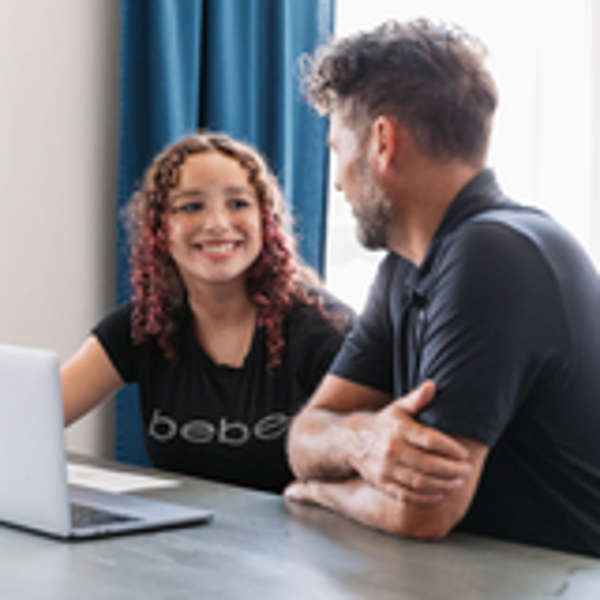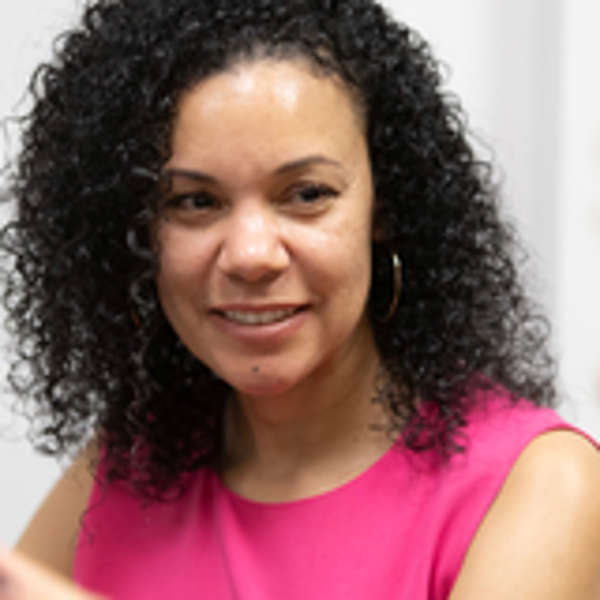What could have made a bigger difference?
We’re not superheroes. We’re Papa and Meema.
Interview with John and Mary, grandparent kinship caregivers

In October 2021, we got a call from Child Protective Services: “Can you provide care for your granddaughter?”
To be honest, it wasn’t a surprise. There’d been a lot of drinking, drugs, and domestic violence in our daughter’s home. Police had been there several times.
We’re a blended family with seven grown children, and we’re Papa and Meema to 10 grandchildren. In 2021, we were freshly retired empty nesters, ready to kick back and enjoy the freedoms that come with that. Kaylee was just turning 3, and from the moment the phone rang, we knew there was no way she was going to live with a stranger in foster care.
We said yes, thinking it would be just a few weeks.
We met Kaylee’s caseworker and a Department of Human Services officer in a movie theater parking lot. Kaylee was screaming, understandably afraid, and had only a bag of clothes with her. We went to the store to get her a few more items and some groceries so we’d have some of her favorite foods in the house.
In just a few hours, so much had changed.
CHALLENGES
Bedtime was when we faced our greatest challenges. When Kaylee first came to stay with us, she regularly experienced night terrors and tantrums. Our routine was reading a story before bed, and Papa would sit by her bed until she fell asleep. And later, when she’d wake up screaming, we’d pray over her and sing songs. Night after night she’d get out of her bed and come sleep on the floor by our bed.
We thought it, prayed it, and asked each other, “How are we going to do this?” Every day we asked God for strength for one more day, one more night—the same way you eat an elephant, one bite at a time.
As the weeks turned to months, we began to realize we could be in this for the long haul.
We enrolled Kaylee in preschool and tried our best to give her a stable environment. It was amazing to watch her come out of her shell, becoming a bright, happy girl who made friends with everyone who had a dog. Little by little, she settled in, got used to consistency, and began to thrive.
SUPPORTS
We had a lot of people in our corner, helping us, and we needed it. Our pastor and his wife had volunteered with Safe Families for Children and had been foster and adoptive parents. They were a huge support for us, praying over us and providing counsel. Our church’s women’s ministry provided midweek childcare at the church, giving us a rhythm of respite.
Our Bethany caseworker, Cassie, understood that we’d never done anything like foster care before, and she helped us navigate some tough situations. Like setting and holding safe boundaries with our daughter, Kaylee’s mom. Because we were family, she thought she could come over whenever she wanted, but with a no-contact order, only supervised visits were allowed. That was hard for us and created some tense moments when we had to draw clear lines. Cassie said, “Make me the bad guy,” and that helped us maintain our relationship with our daughter, which got better with time.
Bethany provided other tangible help, like introducing us to a local church that hosts a free closet for foster, kinship, and adoptive families. They helped us understand what was happening with Kaylee’s case and explained what to expect at various court hearings. Cassie and the Bethany team helped us learn how to manage Kaylee’s difficult behaviors and explained why children who’ve experienced trauma need different parenting techniques than what we’d known when we raised our children.
A therapist came to the house to do play therapy with Kaylee and talk with us about dealing with emotions—ours and Kaylee’s—helping us understand and respond to the difference between sadness and anger. That was a fine line for all of us. We also had a Court Appointed Support Advocate who worked with Kaylee. All of this was so beneficial to help Kaylee process the hard things she’d seen and experienced at home. And it helped us know how to provide the care she needed.
CHANGES
Kinship care changes the dynamics in your family. Kaylee was with us for 2.5 years, and we began to feel more like parents to her than grandparents. There were times we felt protective of Kaylee, even more so than we did with our kids. Part of that was knowing what she had seen and experienced and wanting to shield her from all other dangers.
Once we were living kinship care, we began realizing how many other grandparents are raising grandchildren too. Taking Kaylee to the county fair or to the play area at the mall, places where kids’ parents are typically nearby, we began meeting grandparents like us. In our church we began talking with other grandparents who had raised grandchildren. And each time we’d connect, our first question was always about our grown sons and daughters—How’s Mom or Dad doing?
After the first 18 months, our family needed to have some hard conversations about the future. While we didn’t want to think about it, we knew we should make a plan for what would happen if our daughter wasn’t able to resume parenting. We considered adoption and weighed what that would mean for Kaylee to have parents in their 80s when she graduated from high school. One of our daughters stepped in and was willing to adopt Kaylee if it came to that.
But we’re so grateful—for Kaylee and our daughter—that it didn’t. Kaylee’s been back home with her mom for several months now. Her mom’s been doing well, although things haven’t always been easy. She has a support group that’s been a real help to her recovery. She’s come so far—they both have.
PURPOSE
Kaylee’s 5 now, and we’re Papa and Meema again. Life’s a little different for us all. Kaylee still spends the night with us sometimes, and we still do our bedtime routine, the same one she does with her mom at home. Our family came through a lot together. We didn’t know how long it would last or how it would end, but saying yes to family was the right decision for us.
We’re not superheroes; we’re far from perfect. We had some tough days that took us to the end of our rope. But keeping our family safe and together kept us going. What could we have done that would have made a bigger difference in Kaylee’s life than to help put her on a good path, especially in those critical developmental years? What could have been more important—or more fun?
Family is one of our highest priorities. So when we got that phone call in 2021, even though we didn’t know what would happen next, the answer for us had to be yes. Along with our faith, there’s nothing more important than family. Seeing our granddaughter grow and make such great progress was so satisfying. And now she’s home with her mom—there’s no price we wouldn’t pay for that.
Names have been changed to protect the family’s privacy.



